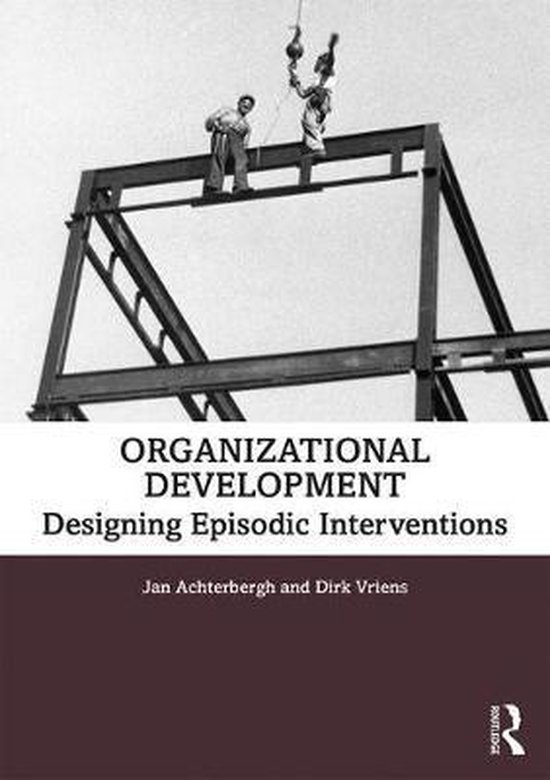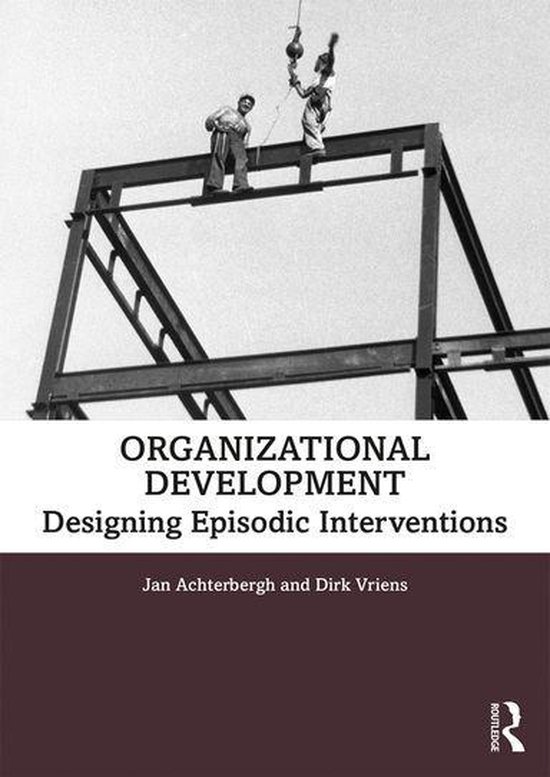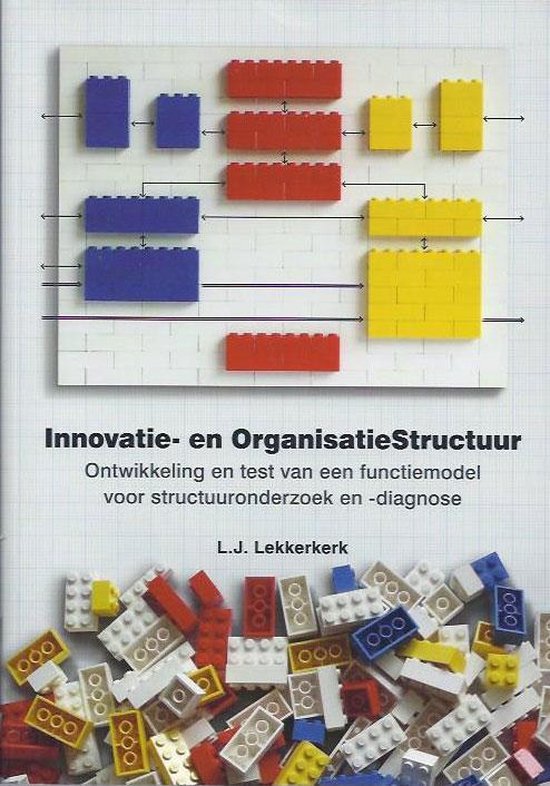
Organizations
to do to ensure survival, and (2) principles for designing organizational structures in such a way that they can realize the required functions adequately. In the course of their elaboration, we will show that these principles are general – i.e., that they hold for all organizations. 1.5 Conceptual Background To describe organizations as social systems conducting experiments and to present principles for designing an infrastructure supporting the “social experiment,” we use concepts from (organizational) cybernetics, social systems theory, and Aristotle’s ethics. In this book, we hope to show that concepts from these traditions – as introduced by their relevant representatives – can be integrated into a framework supporting our perspective on organizations. To this purpose, we introduce, in each of the following chapters, relevant concepts from an author “belonging” to one of these three traditions and show how these concepts contribute to describing organizations as social experiments (in Part I of the book), to formulating principles for the design of functions and organization structures supporting meaningful survival (Part II), and to formulating principles for the design of organization structures enabling the rich sense of meaningful survival (Part III). Of course, the relevance of cybernetics, social systems theory and Aristotle’s ethics can only be understood in full, after they have been treated in more detail – but based on what we said above, it may already be possible to see why these theories have been chosen as conceptual background.
| Auteur | | Jan Achterbergh |
| Taal | | Engels |
| Type | | E-book |
| Categorie | | Mens & Maatschappij |





